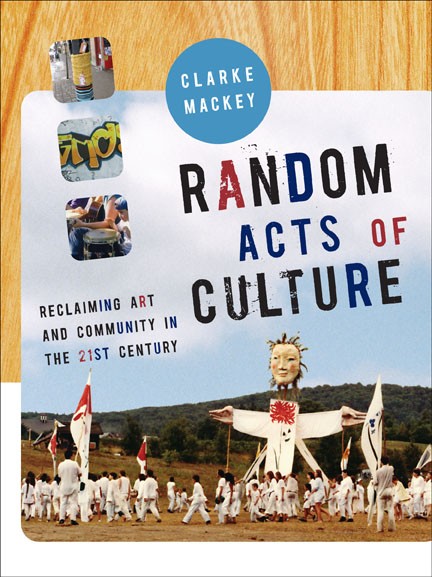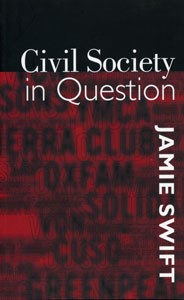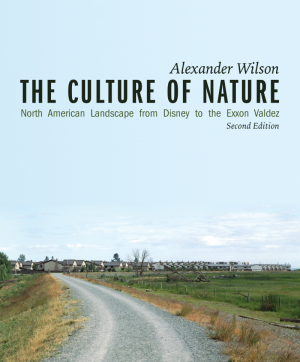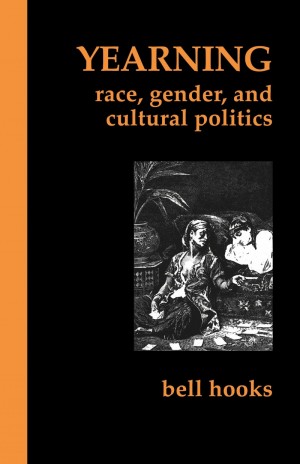
Random Acts of Culture
Reclaiming Art and Community in the 21st Century
In our society, cultural activity—or the arts—usually refers to the high culture of the elites and popular mass culture. Clarke Mackey argues for a third category that is as old as human society itself but seldom discussed: vernacular culture.
Vernacular culture comprises all those creative, non-instrumental activities that people engage in daily, activities that provide meaning in life: conversations between friends, social gatherings and rituals, play and participatory sports, informal storytelling, musical jam sessions, cooking and gardening, homemade architecture, and street festivals. In this lively and eclectic discussion, Mackey maintains that practising and celebrating such activities at the expense of passive, consumer culture have far-reaching benefits. Mackey further examines how literacy, imperialism, industrialization and electronic technologies have produced a culture of spectatorship, apathy and powerlessness.
This is a timely, considered, and provocative response to the popularity of amateur, participatory, and do-it-yourself culture available on the internet.
Praise
A timely firecracker. Given the so-far unwritten history of vernacular culture, this is the affirmation we have been waiting for. Yes to carnival. Yes to oral storytelling. Yes to tradition, outsider art, and participation. No to habitual consumerism. Yes to a cultural manifesto that bridges the fashionable gulf of frugality, austerity, and doom. Start singing and dancing now.
– John Fox, Fellow, Creative and Performing Arts, Lancaster University (UK), and co-founder of Welfare State International
This is a pioneering book. Contemporary societies lack, and badly need, an understanding of that part of culture that people make for themselves. Clarke Mackey brings this often invisible realm and its history into clear view. His book will help everyone who wants to think about the future of culture.
– —David Cayley, producer of CBC Radio’s Ideas and author of The Rivers North of the Future: The Testament of Ivan Illich
Clarke Mackey moves with panache from personal perspective into a bold interdisciplinary account of why art is the way it is in our present-day society, and how it could —- and why it should——be otherwise.
– Ruth Howard, Artistic Director, Jumblies Theatre, Toronto
This is a pioneering book. Contemporary societies lack, and badly need, an understanding of that part of culture that people make for themselves. Clarke Mackey brings this often invisible realm and its history into clear view. His book will help everyone who wants to think about the future of culture.
– —David Cayley, producer of CBC Radio’s Ideas and author of The Rivers North of the Future: The Testament of Ivan Illich
Clarke Mackey invites us to rediscover the artist we all carry within our adult, consumerist, alienated selves.
– Gustavo Esteva, Zapatista advisor, negotiator, and visionary, and author of Grassroots Post-Modernism
Contents
| Chapter 1 | Lessons from Children |
| Chapter 2 | Bedtime Stories |
| Chapter 3 | Snapshots from the Edge |
| Chapter 4 | The Vernacular Ocean |
| Chapter 5 | Foraging Fundamentals |
| Chapter 6 | Folk and Their Observers |
| Chapter 7 | The Postman and the Tile Setter |
| Chapter 8 | Social Majorities and Social Minorities |
| Chapter 9 | Postmodern Squatters in the Fourth World |
| Chapter 10 | Literacy and Its Discontents |
| Chapter 11 | The Invention of the Spectator |
| Chapter 12 | Pete's Proposal |
| Chapter 13 | The Retribalization of the World |
| Chapter 14 | The Politics of Play |
| Chapter 15 | A Vernacular Manifesto |
| Notes |



